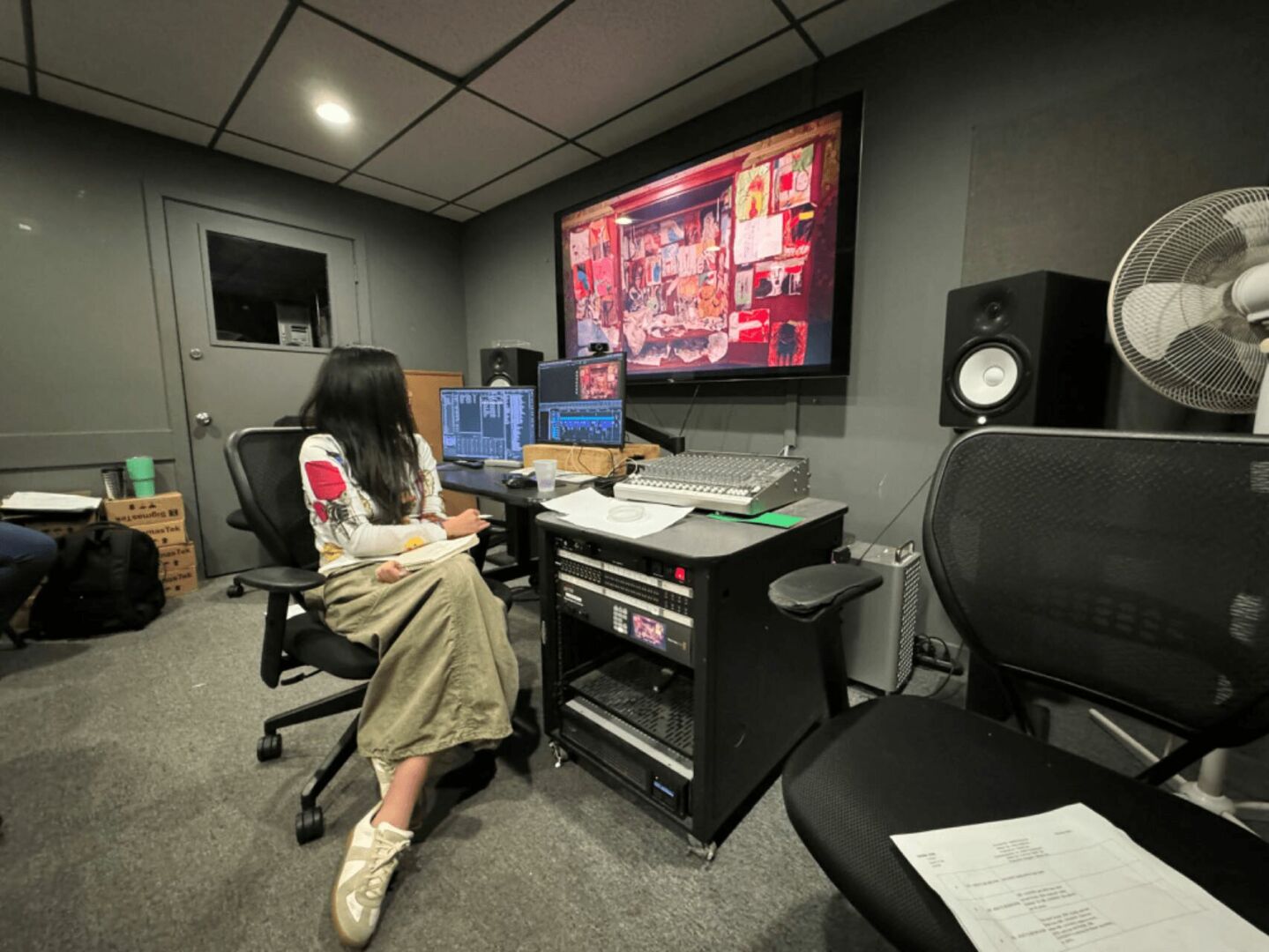Meet Yuntong Dai | Filmmaker & Editor
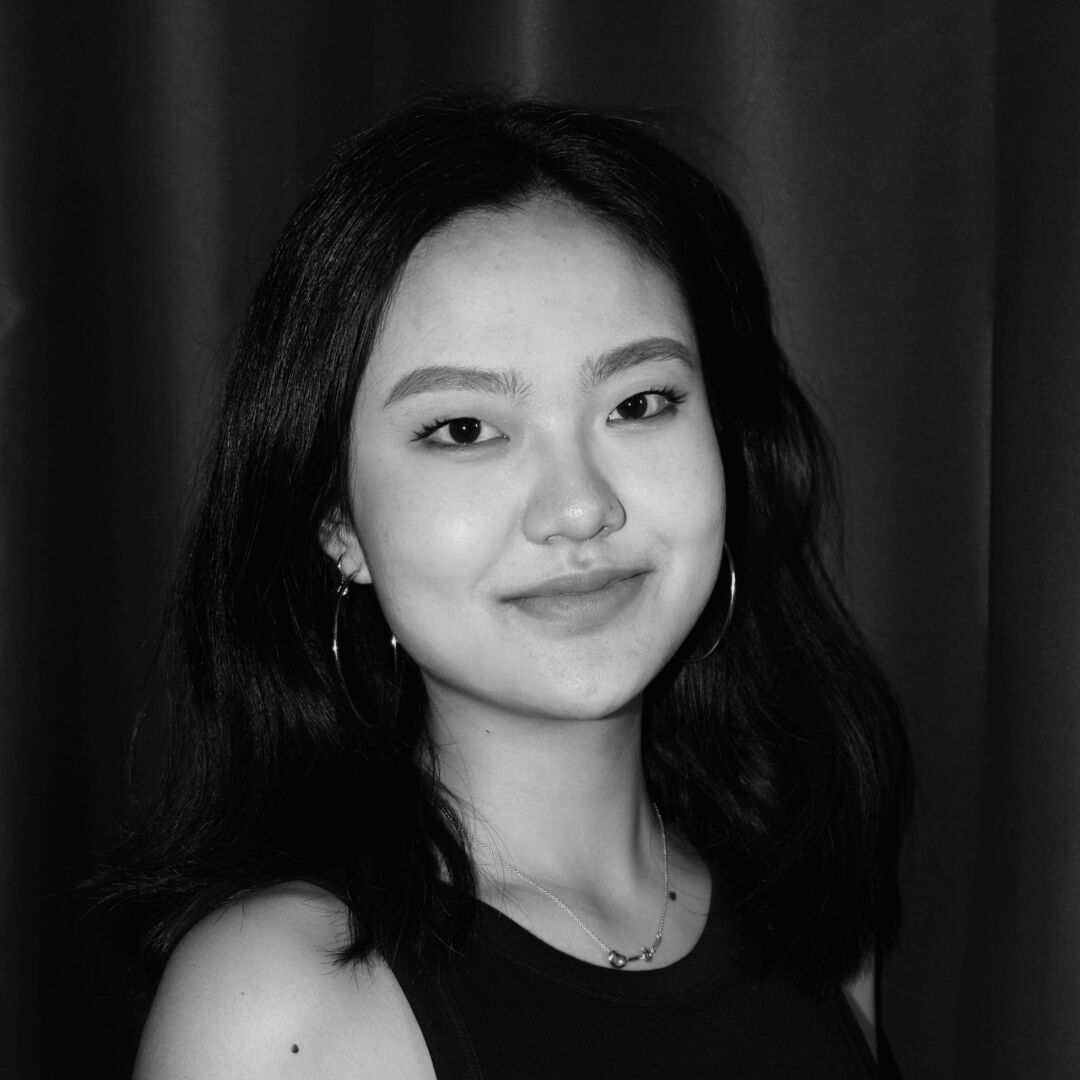
We had the good fortune of connecting with Yuntong Dai and we’ve shared our conversation below.
Hi Yuntong, what led you to pursuing a creative path professionally?
I came from an educational system that focuses more on general education, which means that I worked very hard for 18 years without really considering what I would do in the future. It is more like everyone studies the same curriculum and everyone wants to be a lawyer/doctor or an analyst. However, one day I realized that I don’t want to live a life that I can tell what it looks like till the day I die. I always want to be honest and be able to express myself and talk to people who share the same values.
I love watching films and I love the feeling of experiencing the characters’ lives with them not only as an observer but also as a creator. This is my way to expose myself to the world and my way to find someone that resonates with me.
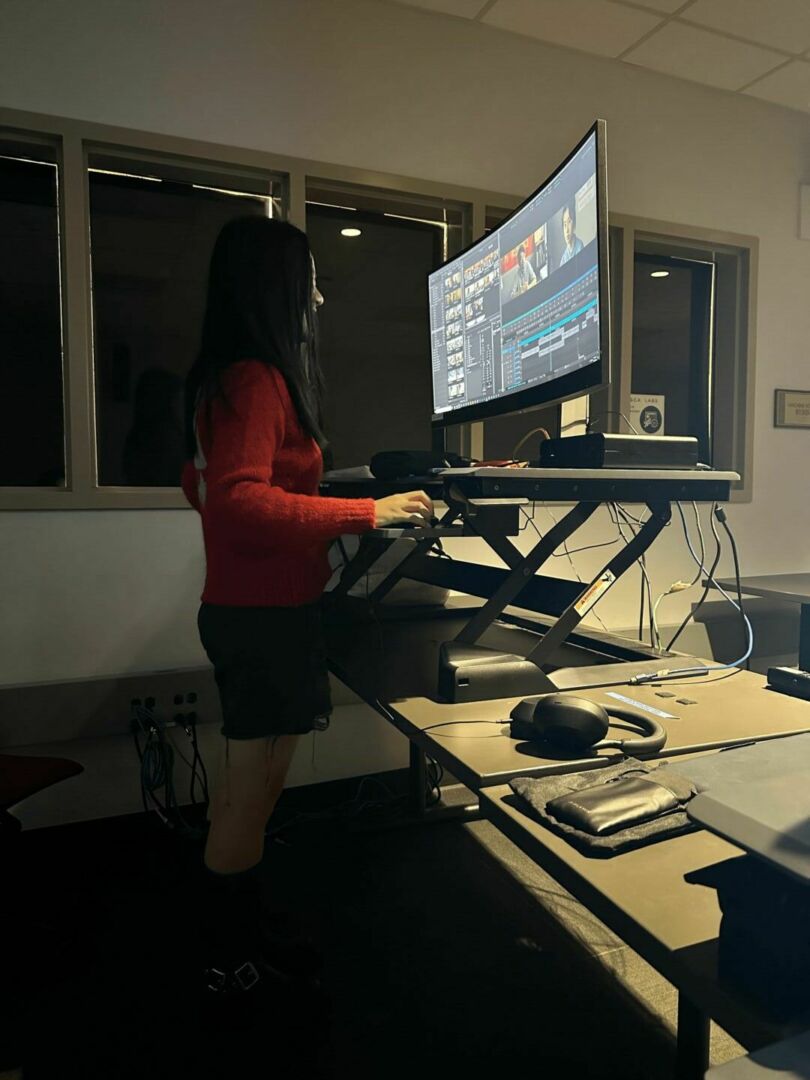
Let’s talk shop? Tell us more about your career, what can you share with our community?
I lived with my parents in a typical small town in South China, where the interpersonal relationships were simple yet sophisticated: people more or less knew each other, but they were used to communicating implicitly. For example, when adults went to restaurants for dinner, there was always a ‘fierce argument’ about who sat at the head of the table. However, the commotion was only on the surface, as those who tried hardest to ‘refuse’ that all-important seat would end up looking joyfully ‘helpless’ when they got it. I found that I was always observing the environment and people. There are times when the nuances in people and the surrounding atmosphere are like some kind of close-up or time-extended experience for me. Therefore I believe the hidden eeriness and undercurrents of life are around everyone in the form of apparent calmness. I further generated a strong desire and passion for making films based on the grasp of those bizarre moments. Years later, I found resonance in the scene from Chantal Akerman’s Les Rendez-vous d’Anna, where Anna crouches down and eats a pea from a plate of leftovers in the hotel corridor. The short moment completely belongs just to Anna and is a soft and delicate reflection of her emptiness. It is similar to the impulse I feel to take a puff of a largely unfinished cigarette snuffed out in an ashtray. Even though this emotion may be private, intimate, or even weird, I believe I can express these feelings as a director through the expansiveness of the film and convey this delicacy back to every individual.
Being a filmmaker is not an easy journey for me as no one from my home works in the industry. Sometimes when you take out 100% of your sincerity and talk to the world, you won’t get the same thing back. However, I learned that I need to keep honest when creating things because that is the foundation of a good piece of work. Feeling hurt and sentimental is valuable for filmmakers as I believe it is not all about pleasing others. Instead, it is about exposing yourself and finding someone that values you.
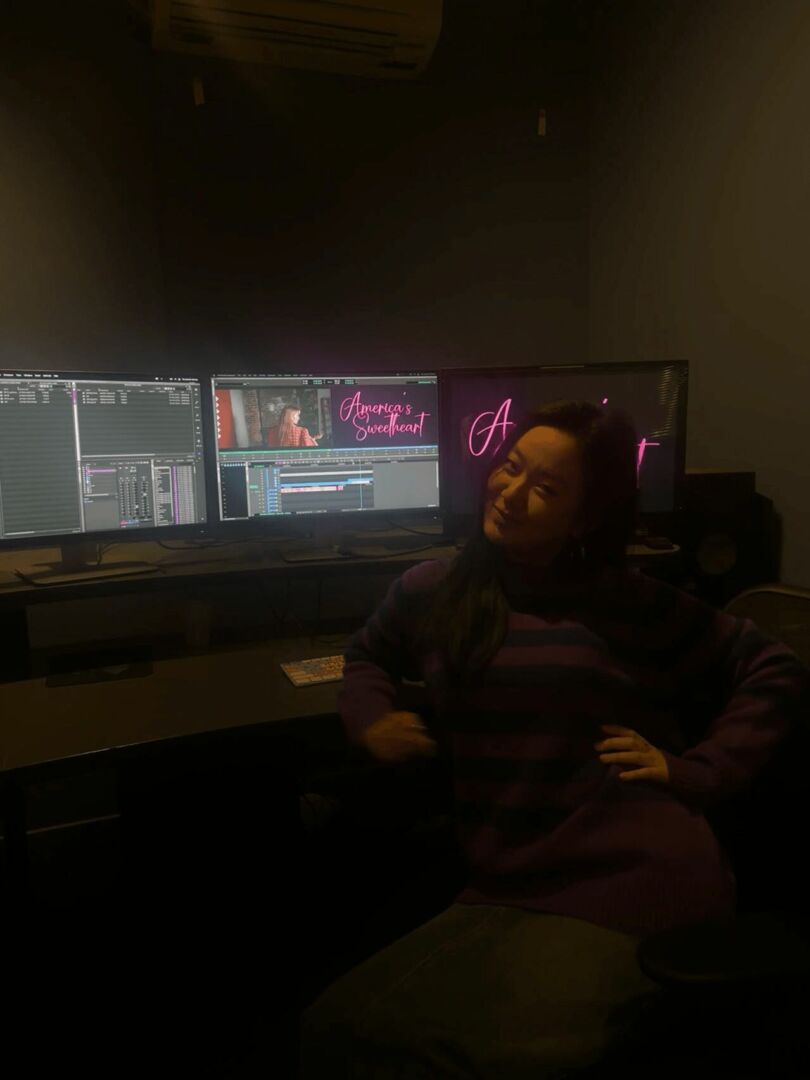
Let’s say your best friend was visiting the area and you wanted to show them the best time ever. Where would you take them? Give us a little itinerary – say it was a week long trip, where would you eat, drink, visit, hang out, etc.
Mojave Wind Farm: I went there during a location scout. It is a perfect combination of nature and manufacturing. The landscape can give you a feeling of calmness and peace. I don’t know how to verbally describe it, but the bigger things in front of your eyes can take away some of the stress and depression with the wind. It is more like a meditation for me.
Pa Ord Noodle: It is a Thai restaurant that I always go with my crew members after a long day work
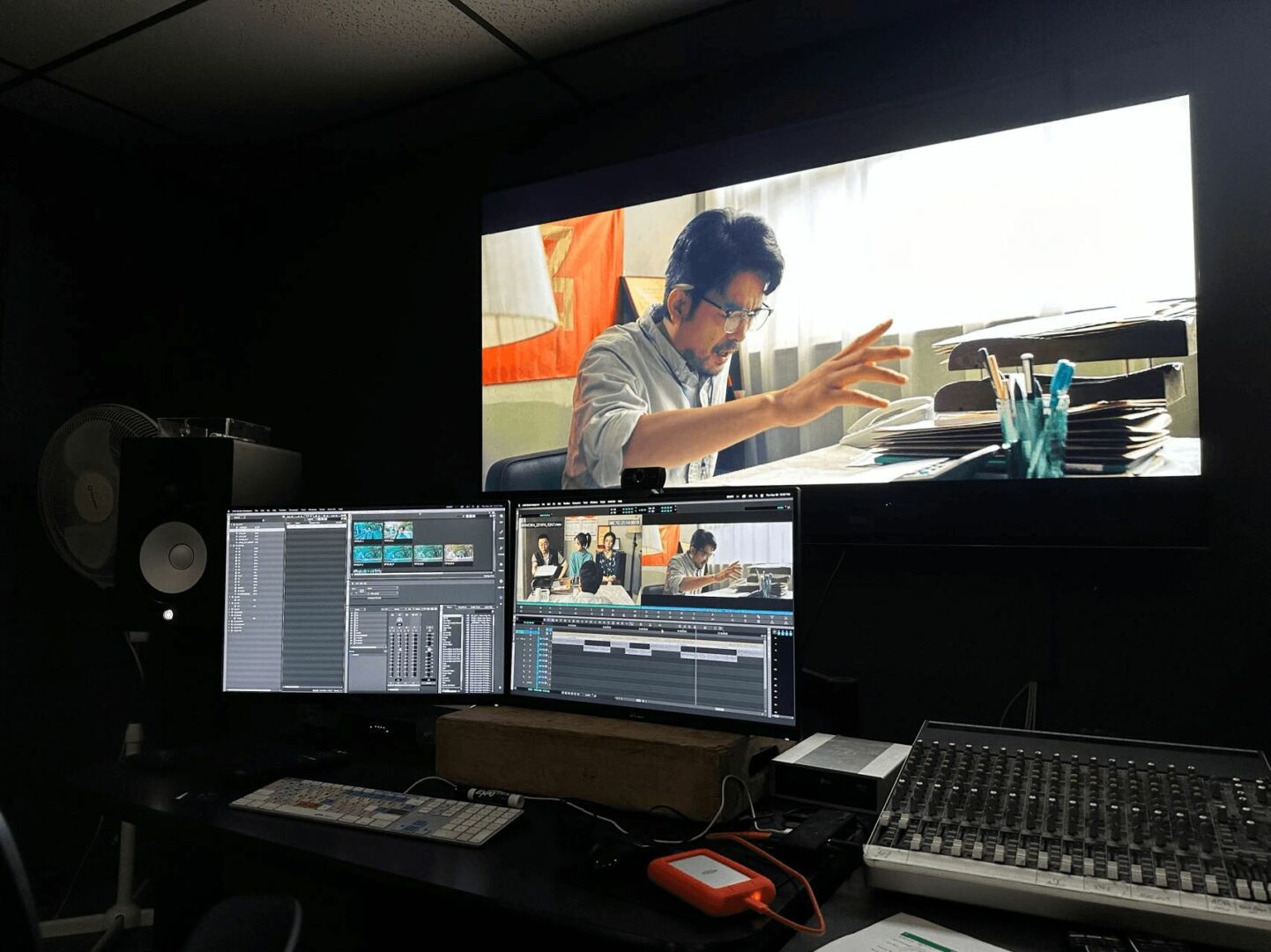
The Shoutout series is all about recognizing that our success and where we are in life is at least somewhat thanks to the efforts, support, mentorship, love and encouragement of others. So is there someone that you want to dedicate your shoutout to?
Growing up as the only child in my family, I would spend most of the time watching films and TV with my grandmother. Although there was a 50-year gap between us, and she never went to school nor knew how to read or write, the strong emotions presented on the screen resonated equally with both of us. It made me realize the magic and universality of moving images that can deeply connect people. Unfortunately, she passed away when I was 10. I became all alone without any knowledge of how to cope with death. I remember there was a time when I liked to sit inside my closet because its narrowness offered me a sense of security. Inside the closet, I would always recall clips from those films and make up my own stories by pretending myself as a fictional figure. Time seemed to infinitely stretch in the darkness and safety of the closet. As I grew up, I found the cinema a perfect externalization of the “spiritual” closet in my childhood: in the similar darkness, different stories play on the flickering screen. These early connections to film shaped my imagination and memories: all of them related to images and sound as if multiple micro movies were playing in my head constantly.
A few years ago, I watched a Norwegian film called The Worst Person In The World. I feel a strong connection with the protagonist Julie. She tried many different things in her life, yet she is brave enough to face the fact that she is unhappy with most of them. It affects me a lot. Even though her life is not perfect and she causes much trouble, she never stops feeling things. I feel like filmmaking is a very meaningful thing for me to do because it cures me to some extent when I tell a story. Meanwhile, I believe the power of film can affect many other people in the world universally wherever they come from
Instagram: https://www.instagram.com/hazel_olala/
